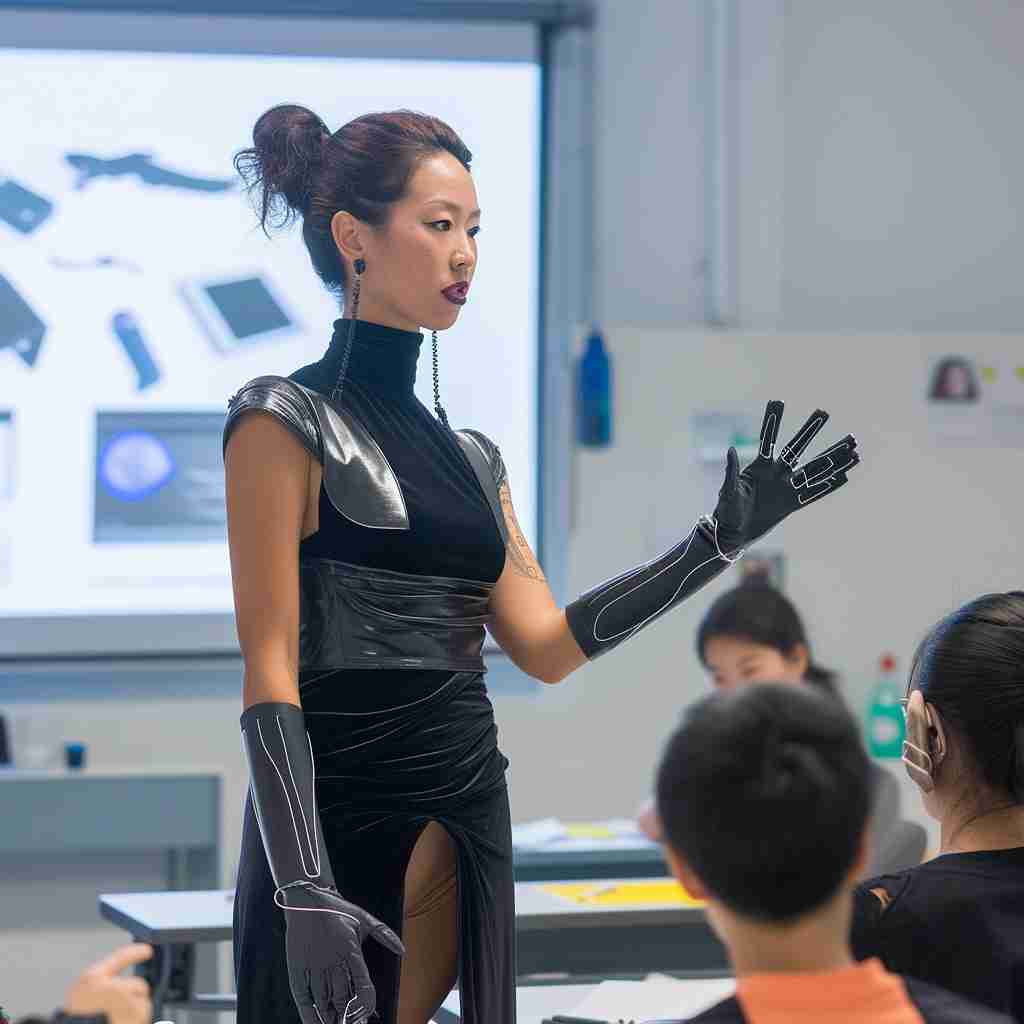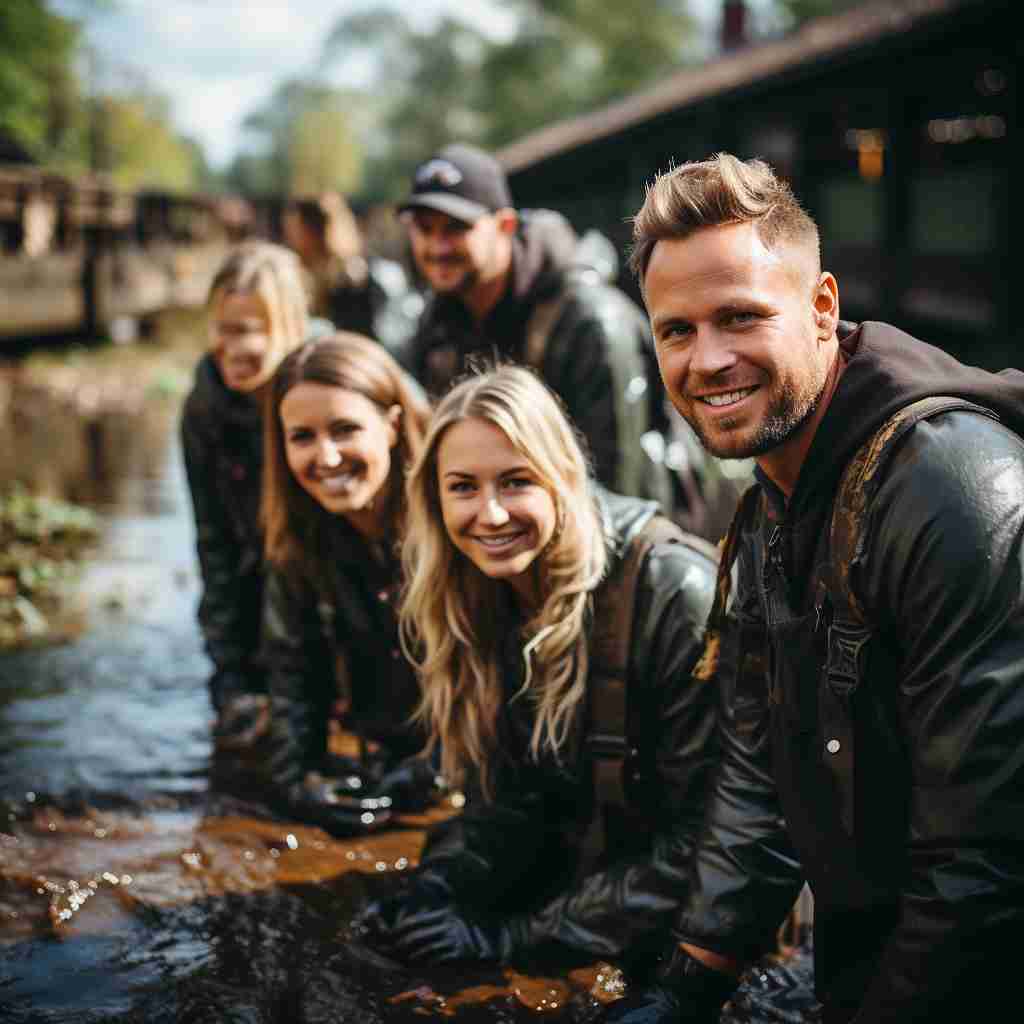Available Our Services
All available services of our all branches you can choose any service based on your need.

Personalized Coaching Sessions
Engage in one-on-one coaching designed to help you define and achieve your personal or professional goals. These sessions focus on understanding your unique needs, identifying obstacles, and creating actionable strategies for success.
- Total Service Time 50 minute
- Service Limit Weekly 30
- Price per service USD85.00
- Online booking available Book Now

Traditional Mentoring Approaches
Strengthen foundational mentoring practices that prioritize guidance, skill-building, and long-term professional development.
- Total Service Time 59 minute
- Service Limit Unlimited Unlimited
- Price per service USD85.00
- Online booking available Book Now

Corporate Culture Development
Shape a strong and cohesive corporate culture that reflects your organization's values, enhances employee engagement, and drives collective success.
- Total Service Time 59 minute
- Service Limit Unlimited Unlimited
- Price per service USD85.00
- Online booking available Book Now

Advanced Coaching Techniques:
Master cutting-edge coaching methodologies to enhance your effectiveness as a leader, mentor, or consultant in driving team performance.
- Total Service Time 59 minute
- Service Limit Unlimited Unlimited
- Price per service USD85.00
- Online booking available Book Now

Cross-Cultural Collaboration
Enhance your ability to collaborate effectively with people from different cultural backgrounds. This includes understanding cultural nuances and fostering mutual respect and understanding.
- Total Service Time 59 minute
- Service Limit Unlimited Unlimited
- Price per service USD85.00
- Online booking available Book Now

Resilience and Stress Management Coaching
Build resilience by adopting techniques to manage stress, maintain focus, and adapt positively to challenges in high-pressure environments.
- Total Service Time 59 minute
- Service Limit Unlimited Unlimited
- Price per service USD85.00
- Online booking available Book Now

Advanced Influence Strategies
Discover practical approaches to build influence in your personal and professional life. This includes mastering negotiation techniques, persuasive storytelling, and emotional intelligence to inspire action and alignment.
- Total Service Time 59 minute
- Service Limit Unlimited Unlimited
- Price per service USD85.00
- Online booking available Book Now

Group Conflict Dynamics
Dive into the complexities of group conflicts to learn how to de-escalate tension, build trust, and foster teamwork, even in challenging environments.
- Total Service Time 59 minute
- Service Limit Unlimited Unlimited
- Price per service USD85.00
- Online booking available Book Now

Conflict Resolution Strategies
Gain skills to identify and address conflicts constructively within teams or organizations. This includes understanding root causes, mediating discussions, and fostering a collaborative resolution.
- Total Service Time 59 minute
- Service Limit Unlimited Unlimited
- Price per service USD85.00
- Online booking available Book Now

Change Management Coaching:
Navigate organizational change effectively by understanding human dynamics, overcoming resistance, and implementing strategies that align teams with new goals and processes.
- Total Service Time 59 minute
- Service Limit Unlimited Unlimited
- Price per service USD85.00
- Online booking available Book Now

Workshop Design and Execution
Create and deliver workshops that are interactive, results-driven, and tailored to the audience's needs.
- Total Service Time 59 minute
- Service Limit Unlimited Unlimited
- Price per service USD85.00
- Online booking available Book Now

Leadership in Group Discussions
Lead group discussions effectively by fostering open dialogue, ensuring balanced participation, and guiding the conversation toward actionable conclusions.
- Total Service Time 59 minute
- Service Limit Unlimited Unlimited
- Price per service USD85.00
- Online booking available Book Now

Learning Experience Design
Design comprehensive learning journeys that blend creativity and strategy to optimize learner engagement and retention.
- Total Service Time 59 minute
- Service Limit Unlimited Unlimited
- Price per service USD85.00
- Online booking available Book Now

Reverse Mentoring Strategies
Leverage the fresh perspectives of younger team members to drive innovation and bridge generational gaps in the workplace.
- Total Service Time 59 minute
- Service Limit Unlimited Unlimited
- Price per service USD85.00
- Online booking available Book Now

Strategic Communication Techniques
Learn advanced methods to communicate effectively in a variety of professional settings. Focus on clarity, active listening, and adapting messages to different audiences to ensure impactful communication.
- Total Service Time 59 minute
- Service Limit Unlimited Unlimited
- Price per service USD85.00
- Online booking available Book Now

Educational Technology Integration
Harness digital tools to create interactive and impactful learning experiences that resonate with modern learners.
- Total Service Time 59 minute
- Service Limit Unlimited Unlimited
- Price per service USD85.00
- Online booking available Book Now

Curriculum Design and Development
Craft effective and adaptable educational programs that address specific learning objectives and organizational needs.
- Total Service Time 59 minute
- Service Limit Unlimited Unlimited
- Price per service USD85.00
- Online booking available Book Now

Professional Presentation Techniques
Develop skills to create compelling presentations that inform, engage, and persuade your audience. Learn to combine visual aids, storytelling, and confident delivery.
- Total Service Time 59 minute
- Service Limit Unlimited Unlimited
- Price per service USD85.00
- Online booking available Book Now

Innovative Teaching Practices
Explore cutting-edge teaching methods that enhance engagement and facilitate deeper learning for diverse audiences.
- Total Service Time 59 minute
- Service Limit Unlimited Unlimited
- Price per service USD85.00
- Online booking available Book Now

Peer and Group Mentoring
Facilitate collaborative learning through structured peer or group mentoring sessions that encourage shared insights and mutual support.
- Total Service Time 59 minute
- Service Limit Unlimited Unlimited
- Price per service USD85.00
- Online booking available Book Now

Performance Assessment and Feedback
Learn how to evaluate performance objectively and provide feedback that motivates improvement and aligns individual contributions with organizational objectives.
- Total Service Time 59 minute
- Service Limit Unlimited Unlimited
- Price per service USD85.00
- Online booking available Book Now

Effective Meeting Facilitation
Master the art of conducting productive meetings that achieve clear outcomes. Learn to set agendas, manage time, and ensure active participation from all stakeholders.
- Total Service Time 59 minute
- Service Limit Unlimited Unlimited
- Price per service USD85.00
- Online booking available Book Now

Project and Program Leadership
Gain expertise in leading complex projects and programs by effectively managing resources, timelines, and stakeholder expectations.
- Total Service Time 59 minute
- Service Limit Unlimited Unlimited
- Price per service USD85.00
- Online booking available Book Now

Tailored Professional Growth Plans
Collaborate to create customized plans that outline actionable steps for achieving career aspirations and maximizing professional potential.
- Total Service Time 59 minute
- Service Limit Unlimited Unlimited
- Price per service USD85.00
- Online booking available Book Now

Innovative Team Building Activities
Design creative activities that strengthen team cohesion, enhance communication, and improve overall team dynamics.
- Total Service Time 59 minute
- Service Limit Unlimited Unlimited
- Price per service USD85.00
- Online booking available Book Now

Affinity-Based Mentoring
Connect individuals based on shared interests or experiences to create deeper and more meaningful mentoring connections.
- Total Service Time 59 minute
- Service Limit Unlimited Unlimited
- Price per service USD85.00
- Online booking available Book Now

Specialized coaching practices
Leverage targeted coaching techniques for addressing complex challenges or specific areas of development. Ideal for individuals or teams needing customized support in niche topics.
- Total Service Time 59 minute
- Service Limit Unlimited Unlimited
- Price per service USD85.00
- Online booking available Book Now

Team Leadership Coaching
Develop skills to inspire and guide teams toward achieving shared goals while promoting collaboration and accountability.
- Total Service Time 59 minute
- Service Limit Unlimited Unlimited
- Price per service USD85.00
- Online booking available Book Now

Building Strong Professional Relationships
Learn strategies to cultivate authentic, meaningful connections that foster trust and mutual respect in professional settings.
- Total Service Time 59 minute
- Service Limit Unlimited Unlimited
- Price per service USD85.00
- Online booking available Book Now

Comprehensive Mentoring Programs
Design and implement robust mentoring initiatives tailored to the unique needs of your organization. Support mentors and mentees in building strong, growth-oriented relationships.
- Total Service Time 59 minute
- Service Limit Unlimited Unlimited
- Price per service USD85.00
- Online booking available Book Now

Diversity and Inclusion Coaching
Build a more inclusive workplace by exploring strategies to embrace diversity, challenge biases, and create equitable opportunities for all team members.
- Total Service Time 59 minute
- Service Limit Unlimited Unlimited
- Price per service USD85.00
- Online booking available Book Now

Facilitating Complex Processes
Become proficient in guiding complex discussions or workshops, ensuring clarity of purpose and alignment among participants.
- Total Service Time 59 minute
- Service Limit Unlimited Unlimited
- Price per service USD85.00
- Online booking available Book Now